At the forefront of providing a world-class education for over 40 years
Southbank is a private international school that offers a broad and challenging curriculum, featuring a global outlook and strong emphasis on inquiry.
At the heart of the school are the programmes of the International Baccalaureate. This is a challenging curriculum, carefully developed to encourage students across the world to become active, compassionate and lifelong learners who understand that other people, with their differences, can also be right.
Explore the Mission and Values of our school below.
MISSION AND VALUES STATEMENT
We are committed to challenging our students academically, establishing a liberal ethos and the values of the International Baccalaureate
Southbank is also an open, inclusive community that:
History of Southbank
Southbank has flourished into an exceptional, high-achieving school with more than 800 students

Milton Toubkin, David Tucker, John Marberry, Susan Marberry and Stephen Bailey establish the American International School (the previous name of Southbank) with three key principles:
– The school will be democratic.
– The school will use London as a classroom.
– The curriculum will be individual.
|

The American International School is renamed Southbank International School and moves into a Victorian primary school building on Cornwall Road, near the South Bank of the River Thames.
|

Introduction of the International Baccalaureate (IB) Diploma Programme.
|

Southbank opens its Kensington campus in Notting Hill.
|

Southbank Primary School opened.
|

Trading name changed to Southbank International School to reflect the IB and international make-up of the student body.
|

Southbank opens its purpose-built Hampstead campus.
|

Southbank becomes the first school in the UK to offer all three International Baccalaureate (IB) programmes.
|

Southbank opens its Portland Place campus, near Regent’s Park and Oxford Street.
|

Southbank opens its Conway Street campus in Fitzrovia.
|

Southbank celebrates its best ever IB diploma results to date.
School Inspection Service (SIS) reports confirm the excellent education that Southbank provides.
71 nationalities now represented within the student body.
|

Southbank opens its newest campus on Cleveland Street, near Great Portland Street underground station.
IB Diploma results surpass those of 2013 with 100% pass rate and average score of 38, with 3 students scoring full marks.
Southbank Hampstead gains ‘Apple Distinguished School’ designation.
|

Our 40th Anniversary.
|

Our remote learning programme was put into action because of the COVID pandemic.
Southbank students didn’t miss a day of learning!
|

Southbank Kensington receives ‘Excellent’ ratings in ISI report.
Southbank Hampstead gains ‘Apple Distinguished School’ designation for the second time.
|

Southbank Hampstead receives ‘Excellent’ ratings in ISI report.
Successful Foundational Standards visit (preparation for the NEASC accreditation).
|

Southbank Hampstead gains ‘John Muir Award’.
|

Southbank Kensington awarded a very rare ‘significant strength’ in ISI inspection report as a result of creating conditions in a school where students thrive
Southbank Hampstead gains ‘Apple Distinguished School’ designation for the third time.
We pride ourselves on being a diverse and inclusive international school, where students and staff respect all cultures and religions.
70 Nationalities from around the world
Currently, our student and staff body is made up of over 70 nationalities from around the world. To support Southbank’s international mindedness, we offer a comprehensive languages programme to all our students.
At each of our campuses, English is the language of instruction. In addition, we offer over 20 other languages at Diploma level. Our Middle Years students can study French and Spanish, as well as maintain and develop their native language. And our primary school children learn Spanish as a part of their curriculum.
Non-English Speakers
At our Kensington and Hampstead campuses, we help students develop both their social and academic English language skills to ensure that they can learn effectively and confidently across all areas of the Primary Years Programme (PYP). We accept students aged under nine (Grade 4) who speak little or no English, providing them with tailored lessons to help them attain the standard of English needed to graduate to Grade 6. Primary school students who attend English as an Additional Language (EAL) lessons do not usually attend Spanish classes.
Although we do not enrol beginners in English at our secondary Westminster campuses, we do offer English Language Acquisition (ELA) as an alternative to English Language and Literature classes. The ELA course aims to strengthen learners’ language skills in the four Middle Years Programme (MYP) ELA assessment criterias: speaking, listening, reading and writing.
